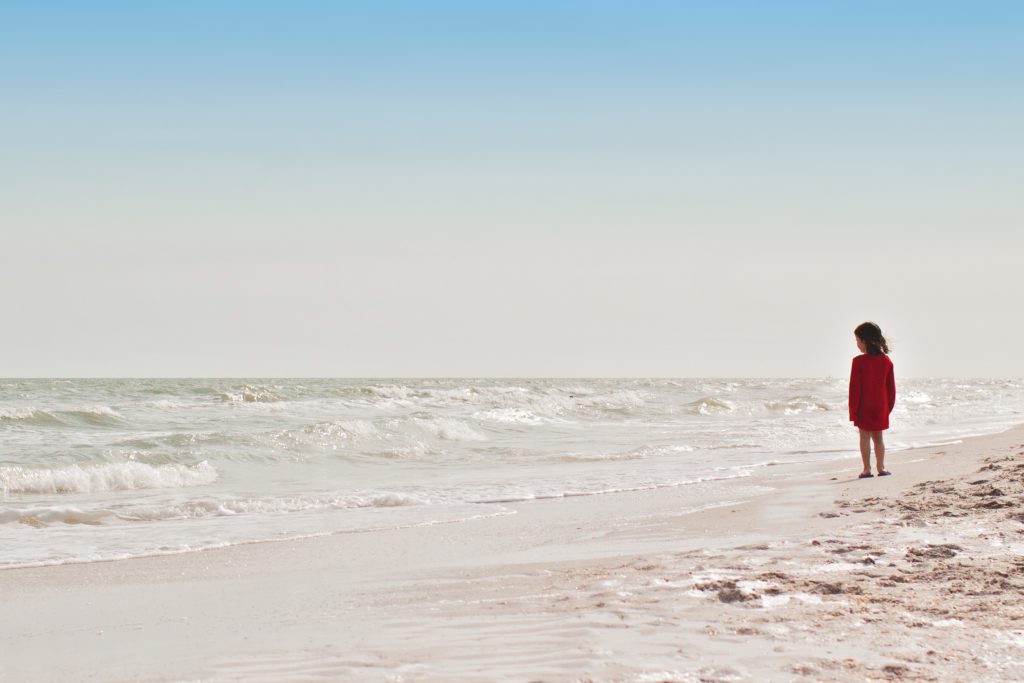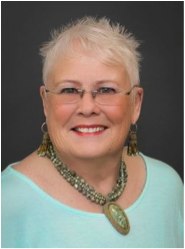by Su Swanne
A few years back, as I was growing up emotionally, I read the book Motherless Daughters by Hope Edelman. This book provided so much understanding about how my mother was shaped by the lack of a mother, and therefore, how my own life was influenced by her losses.
March 2016 is Women’s History Month, and March is also my mother’s birthday. So I’m writing to honor my mother and the grandmothers of my family tree; for I am who I am through their DNA and their lives.

My mother was born to a sailor in the U. S. Navy and a young woman, barely 18, in Charleston, SC in 1921. The young woman’s father had abandoned the family, so her mother kept a boarding house in Charleston to make ends meet. About 17 months after my mother was born another child, a son, entered into the family. I don’t know the time-frame, but sometime after that the sailor and the young woman (my grandmother) were divorced.
My mother, with her brother and mother lived with her mother’s mother and other members of the family. Eventually my mother’s mother remarried, and being a young woman, barely in her twenties, with a new husband, wanted to explore more about life.
The family story is that this young couple went to a speak-easy one night and on their way home there was a car accident that killed the young couple. Enter the paternal side of the family.
The sailor’s mother, my mother’s paternal grandmother, was an exceptionally strict Southern Baptist woman who judged her former daughter-in-law to be a loose “hussy” type of woman, and therefore not able to raise children properly. She swooped in and “rescued” the children who now had no mother, and made it clear that the children would not be having any more interaction with their mother’s family. My mother was six years old.
With her father being deployed often with the Navy, my mother and her brother now lived with their grandmother and her husband on a large farm in Savannah, GA where they learned how to do laborious chores and “behave”. When she was deemed old enough my mother was sent to a Christian boarding school in North Carolina from which she graduated in 1939.
In 1941 my mother met and married my father who worked for American Airlines. During the war he flew cargo missions to Africa and South America. Afterward he and my mother bought a lot in northern Virginia and built their home.
Now, as I have processed these family stories it is no wonder I became a social worker trying to rescue small children from their mean parents. I was born to a mother who received motherly nurturing only within the first six years of her life, so of course she didn’t know how to be a mother to me. In addition, my father was an only child, adopted as an infant, and who lost his adoptive father through divorce at the age of two. So he had no model for father for raising three girls.
My mother had to create her role as mother from the few resources she had at hand. She made sure that I (and my sisters) had religious training; she cooked great food, and made our clothes. I remember how hard she worked to have a perfect family, creating the kind of family she’d wanted as a child. And after I was married, having children, I emulated her. The best piece of advice she gave me was, “There are only 24 hours in a day. Don’t try to do everything.”
In my family story I see so much abandonment, never grieved fully. My mother hardly ever spoke about how she felt about the things that happened in her life. She only told the story as fact. I know she did have a congenial relationship with her father, but he, too had been abandoned.
Of course there are many other aspects of my mother’s and my story which will not be included here. From the “Now” where I sit, I see my mother as a sad child who tried very hard, and used her limited emotional resources to create a life for her husband and children, not so much for herself.
My mother died at the age of 64 of lung cancer. In Chinese medicine, and from Louise Hay’s book, You Can Heal Your Life, disease of the lung manifests from unresolved grief. Long ago I didn’t believe that asthma was brought on by emotions. But now, I believe it. And I believe that I psychically carried the grief of my mother and perhaps other ancestors before me until I healed myself.
My true life’s pattern is as a “breaker of the mold”, and individuation. Perhaps if I had had the knowledge back then that I have now I would not have married or had children. I will never know, though, because I followed the pattern that was laid out by others, before I realized I had a choice.
 Su Swanne authors several blogs. She is especially close to the one called SwanneSong which is about her passions. She has a B.A. in English from Virginia Polytechnic Institute and State University and a Master of Planning from the University of Virginia. Su retired from Denver Human Services in Denver, CO. Su then traveled full-time in her travel trailer for seven years, three of them solo. Her travels and adventures are documented in her blog The Traveling Alchemist. She retired from the road in 2011, currently lives in Tucson, AZ and works as a Realtor and writes a real estate blog.
Su Swanne authors several blogs. She is especially close to the one called SwanneSong which is about her passions. She has a B.A. in English from Virginia Polytechnic Institute and State University and a Master of Planning from the University of Virginia. Su retired from Denver Human Services in Denver, CO. Su then traveled full-time in her travel trailer for seven years, three of them solo. Her travels and adventures are documented in her blog The Traveling Alchemist. She retired from the road in 2011, currently lives in Tucson, AZ and works as a Realtor and writes a real estate blog.
It has come as a surprise to discover that many mothers of the 1950s and 60s and before did not have the nurturing natures that our media images promote. Including my own.
Exactly Carol. That is why I am trying for balance in the stories I present this month. Su’s is more typical than most of us want to admit.
Yes it is. Funny how little changes over time, we don’t learn from others mistakes. Guess that is why hindsight is 20/20 and history repeats itself.
Thank you Nancy for this project. And Su for your story.
It is so fascinating to read about women’s lives during different periods of time, and how they have affected the lives of their daughters and future generations. There are so many sad stories out there, and so much healing to be done.
I just want to give your mother and you a hug. So many children back then were treated so coldly, more like possessions than people.
My relationship with my own mother was horrible. Her parents lost a child and were so full of grief they were emotionally unavailable to their other children.
It is so important to share these stories, thank you.
Both my mother and my husband’s mother had terribly painful childhoods. They too wanted to raise the perfect family…but there is no such thing. My mom just didn’t have the emotional capacity or intellect to deal with me because she shut down so early. She died of emphysema, my dad died young of emphysema (and he was a happy guy), and my husband had a double lung transplant two years ago. I wonder if that means anything…
It’s really in telling our stories that we can heal, and we need at least one witness to listen. It wasn’t until I sought help that I realized how shut down I was. Nancy has a fine mission here to collect all the healing stories and have witnesses for them. We women need each.other!
Dearest Su,
Your story about loss is so close to mine, how does one learn love when It was never there to learn from. My Mom lost her mother young, before she married my father, to breast cancer at 38 or so. Her father was very cold and unloving. She died at 53. My paternal grandfather died of lung cancer at the same age of 53 and did not smoke, but there were other work related reasons. I believe all my family’s chronic COPD, bronchitis, allergies and pneumonia were, and still are, from unresolved grief. I almost died of pneumonia when I was two years old. It’s a story I am writing. I used to blame myself and try to make my mother happy, it didn’t work.
Thank you and hugs to all, Jilly